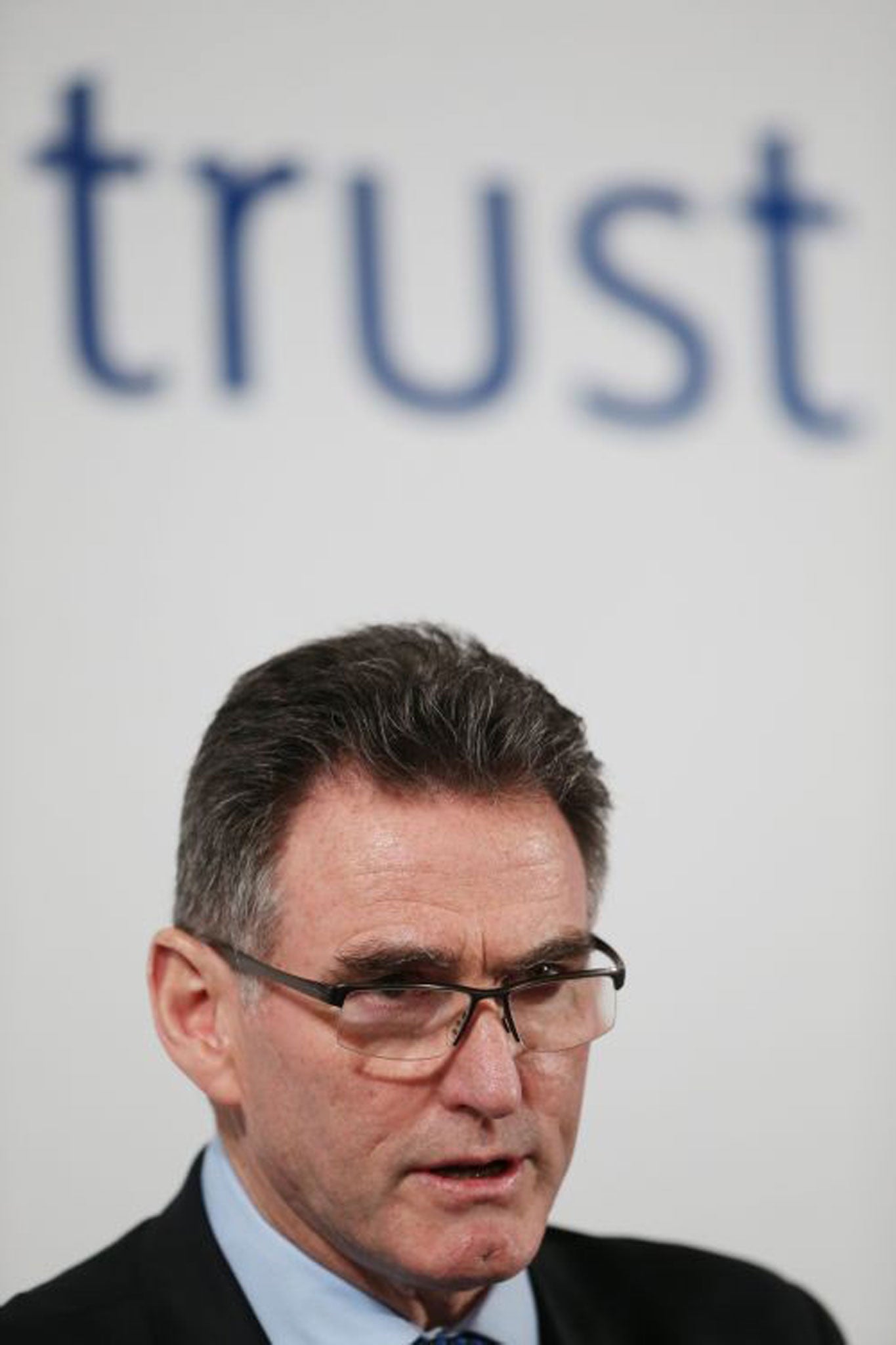Simon Read: I'd like to claim a victory for RBS's move to scrap teaser rates, but I just don't trust it to play fair

Your support helps us to tell the story
From reproductive rights to climate change to Big Tech, The Independent is on the ground when the story is developing. Whether it's investigating the financials of Elon Musk's pro-Trump PAC or producing our latest documentary, 'The A Word', which shines a light on the American women fighting for reproductive rights, we know how important it is to parse out the facts from the messaging.
At such a critical moment in US history, we need reporters on the ground. Your donation allows us to keep sending journalists to speak to both sides of the story.
The Independent is trusted by Americans across the entire political spectrum. And unlike many other quality news outlets, we choose not to lock Americans out of our reporting and analysis with paywalls. We believe quality journalism should be available to everyone, paid for by those who can afford it.
Your support makes all the difference.New RBS boss Ross McEwan was totally frank on Thursday when he unveiled the taxpayer-owned bank's latest set of results. "We are the least trusted company in the least trusted sector of the economy," he admitted.
A brave move? Not really. Everyone knows that RBS's reputation has hit rock-bottom in the past few years. If senior management hasn't been busy destroying the business, a series of IT cock-ups has been destroying the bank's relationship with long-suffering customers.
And let's not ignore the fact that RBS, which also owns NatWest and Ulster Bank, made a record loss of £8.2bn in 2013. (To fully understand how much that is, it may help see it written out in full. Here you go - £8,200,000,000. Wow!)
But now Mr McEwan says he wants to change things. And he has correctly identified trust as being key to rebuilding the bank's battered brand.
How can it rebuild trust among customers? Among a whole range of moves he says should help improve relationships, Mr McEwan plans to scrap teaser rates, a move I've long been calling for.
The main problem with them is that they sucker us in with tasty interest, and then leave us languishing in a pathetic account when the upfront offer ends.
He also plans to get rid of introductory rates. These are cracking deals offered to new customers to entice them to join the bank. The problem with them is that they penalise loyal customers who miss out on all the best deals. That makes them unfair, so outlawing them is also a pleasing move.
Another departure is that the bank will stop offering zero per cent balance transfer deals. It currently has a 28-month offering, so this is a major departure. But it's also progress.
The problem with zero per cent deals is that there is little inducement to reduce the debt. So people go from year to year, switching from deal to deal, and actually adding to their debt by paying a transfer fee of up to 3 per cent each time they switch.
When announcing the ending of zero per cent transfer deals Mr McEwan stated: "We will not be in the business of trapping people in debts they cannot afford."
For all these changes I applaud the bank. If rivals follow then we could actually get back to a much fairer banking system where customer service is more important than best-buy deals. The problem is I don't yet believe Mr McEwan. I've seen too many similar statements from bosses of big firms to swallow what may be just a load of PR guff.
The bank hopes than by 2020 it will have reversed its position as Britain's most despised bank. By then it hopes to be "the number one bank for customer service and the most trusted bank in the UK".
That is six years away. Right now I'm a long way from trusting the bank and I won't change my mind easily. I will give it six years to put things right and start playing fair with customers. But you can rest assured I'll be watching the bank closely and reporting back on any future unfairness or dodgy dealings.
s.read@independent.co.uk
Twitter: @simonnread
Join our commenting forum
Join thought-provoking conversations, follow other Independent readers and see their replies
Comments